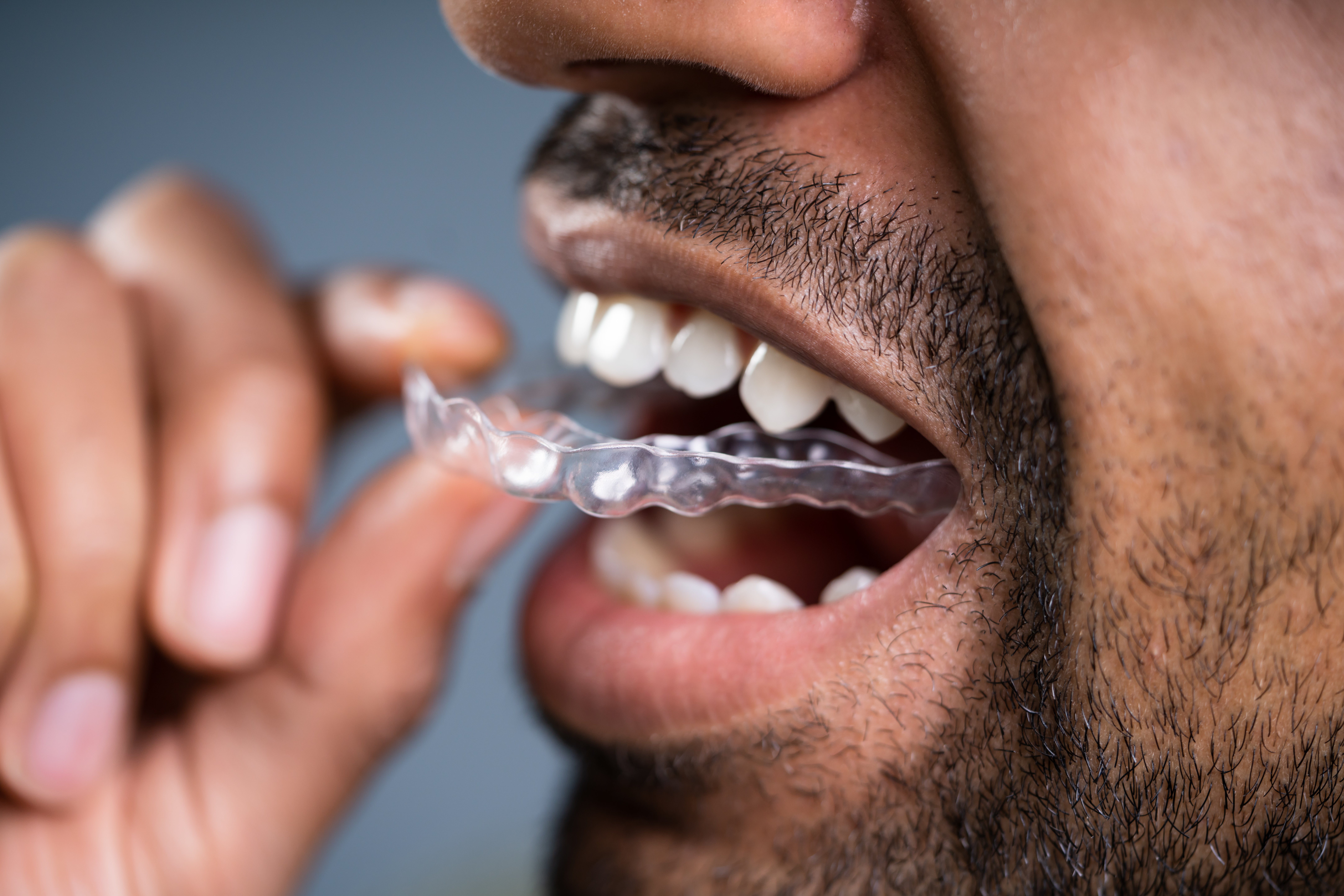The Independent's journalism is supported by our readers. When you purchase through links on our site, we may earn commission.
Dentists report increase in teeth grinding and clenching as a result of stress amid pandemic
More than 60 per cent of dentists saw an increase in patients with chipped or cracked teeth

Your support helps us to tell the story
From reproductive rights to climate change to Big Tech, The Independent is on the ground when the story is developing. Whether it's investigating the financials of Elon Musk's pro-Trump PAC or producing our latest documentary, 'The A Word', which shines a light on the American women fighting for reproductive rights, we know how important it is to parse out the facts from the messaging.
At such a critical moment in US history, we need reporters on the ground. Your donation allows us to keep sending journalists to speak to both sides of the story.
The Independent is trusted by Americans across the entire political spectrum. And unlike many other quality news outlets, we choose not to lock Americans out of our reporting and analysis with paywalls. We believe quality journalism should be available to everyone, paid for by those who can afford it.
Your support makes all the difference.Dentists are reporting increases in the number of patients grinding and clenching their teeth as the Covid-19 pandemic continues, a new report has found.
The increase in patients with the conditions, which are often associated with stress, was reported through a February survey by the American Dental Association (ADA) Health Policy Institute, which found that more than 70 per cent of dentists surveyed reported seeing an increase since the fall.
“Our polling has served as a barometer for pandemic stress affecting patients and communities seen through the eyes of dentists,” said Marko Vujicic, PhD, chief economist and vice president of the ADA Health Policy Institute. “The increase over time suggests stress-related conditions have become substantially more prevalent since the onset of Covid-19.”
Clenching is forceful pressure on the jaws and teeth, which can occur during the day or while sleeping, while grinding occurs when the lower jaw is tightened and moves against the upper jaw.
According to the Mayo Clinic, the conditions can result in increased tooth pain or sensitivity, jaw, neck or face pain, and headaches.
Read more:
People have also been experiencing higher rates of chipped or cracked teeth, which are also stress-related oral health issues and a frequent result of grinding or clenching, with 63 per cent of dentists reporting increases in the number of cases.
According to the ADA, which published the findings in March, the increase has shown that it is “more important than ever” for people to visit the dentist regularly, withMarcelo Araujo, DDS, MS, PhD, ADA chief science officer, stating: “As the pandemic continues, dentists are seeing stress-related dental conditions more and more.
“It’s more important than ever for people to maintain their dental health, including seeing the dentist regularly to address any issues that could have long-term impact.”
The issues may also go unnoticed until they are pointed out by a dentist, as Dr Paul Levine of Levine Dental Associates told USAToday that most people are unaware they have a problem such as teeth grinding.
“If you’re sleeping, you may not notice that you’re grinding your teeth, but your spouse or partner may notice,” he said, noting that grinding often leaves “distinct patterns of wear that can be seen only during a dental exam”.
While Dr Levine acknowledged that a mouth guard can be beneficial to those grinding or clenching, he said “addressing the stress and finding ways to deal with the stress is the best way to fix all of this”.
As the pandemic continues into its second year, a survey undertaken by the US Census Bureau in December found that more than 42 per cent of respondents reported symptoms of anxiety or depression.
Fortunately, the ADA found “no meaningful change in the prevalence reported for conditions such as bad breath and dry mouth” after reports that mask-wearing may impact dental health.
Join our commenting forum
Join thought-provoking conversations, follow other Independent readers and see their replies
Comments